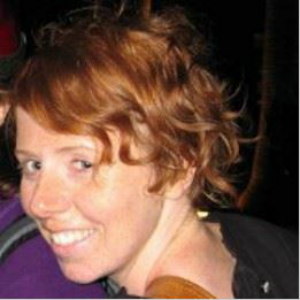Catherine Fennell’s work examines the cultural transformation of the American welfare state and the effects of this transformation on the politics of citizenship, belonging and race within redeveloping cities. Through her ethnographic research, she has focused on how large-scale changes in the urban built environment shape the ways in which urbanites come to understand social difference, and practice new forms of social care, concern and intimacy. In particular, her interest is in how the sensory and affective qualities of everyday urban life cultivate personal attachments to a place, as well as compel private commitments to the people associated with that place. Her doctoral research investigated Chicago’s ongoing public housing reforms as a policy experiment that conjoins the palpability of past and impending state failures to provide for citizenry well-being with the potentials of “post welfare” forms of social belonging. Her research plans include continued work on this project, as well as research on the ethics of “green” urbanism and sustainable urban redevelopment movements in the United States. Her latest book is “Last Project Standing: Civics and Sympathy in Post-Welfare Chicago (University of Minnesota Press), 2015.

Catherine Fennell’s work examines the cultural transformation of the American welfare state and the effects of this transformation on the politics of citizenship, belonging and race within redeveloping cities. Through her ethnographic research, she has focused on how large-scale changes in the urban built environment shape the ways in which urbanites come to understand social difference, and practice new forms of social care, concern and intimacy. In particular, her interest is in how the sensory and affective qualities of everyday urban life cultivate personal attachments to a place, as well as compel private commitments to the people associated with that place. Her doctoral research investigated Chicago’s ongoing public housing reforms as a policy experiment that conjoins the palpability of past and impending state failures to provide for citizenry well-being with the potentials of “post welfare” forms of social belonging. Her research plans include continued work on this project, as well as research on the ethics of “green” urbanism and sustainable urban redevelopment movements in the United States. Her latest book is “Last Project Standing: Civics and Sympathy in Post-Welfare Chicago (University of Minnesota Press), 2015.

